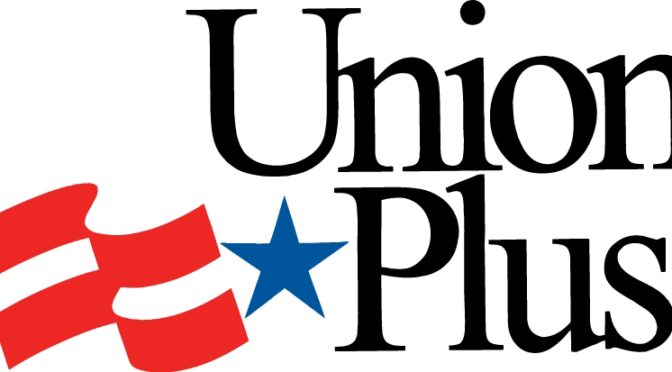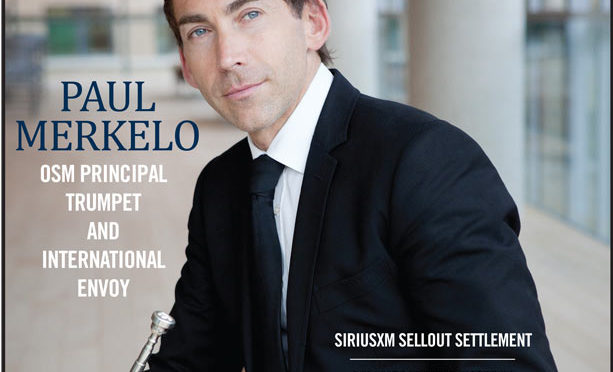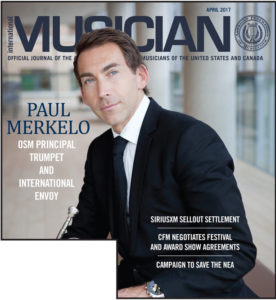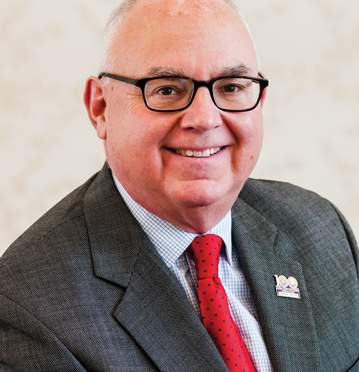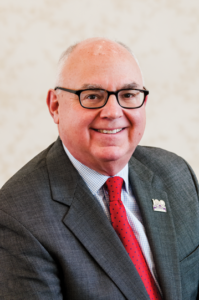Voluntary Compliance Program
Labor law compliance oversight is an important Department of Labor (DOL) responsibility. The magnitude of the task becomes evident if you add up all the locals in all the unions across the US that require oversight. As you can see, the Office of Labor-Management Standards (OLMS) has a daunting task of making sure unions are complying with the Labor Management Reporting and Disclosure Act (LMRDA). Labor organizations are required to file annual financial Labor-Management (LM) reports within 90 days after the end of their fiscal year. In general, AFM local officers act responsibly, performing this official duty in a timely fashion; however, from time to time some locals are delinquent.
The AFM participates in a Voluntary Compliance Partnership Program that affords national and/or international unions an opportunity to assist the DOL in obtaining delinquent affiliate reports. Each quarter the AFM receives a list of delinquent locals. We are requested to assist the DOL in getting the report filed or updating local officer contact information so the DOL can contact the officers directly. The AFM and the DOL meet annually to discuss delinquent local reports and share information. Together, over the years we have built a good working relationship.
LM Reports
Local officers need to keep in mind that LM reports must now be signed electronically by the local president and local secretary-treasurer. Each report requires two different electronic signatures. Those locals that only have one person serving in both capacities (president and secretary-treasurer) need to have their executive board authorize a second person (usually an executive board member) to also sign the report.
Remember, you must file your LM report within 90 days after the end of your fiscal year. Filing late is a violation that gets the attention of the DOL and may lead to a DOL audit of your local.
Bonding
The AFM purchases an umbrella bonding insurance policy covering AFM locals. Since each local is bonded in differing amounts, please contact Jonathan Ferrone at jferrone@afm.org if you are unsure of the bonding amount the AFM purchased for your local.
International Musician
The International Musician survey is now closed. There were 4,254 respondents with many adding additional comments. Thank you to all who took the time to share their thoughts by taking the survey. We are currently analyzing the information we received. In a future issue of the IM, we will share with our readers what we learn from your answers and comments.
The International Musician Editorial Board (IMEB) meets monthly prior to the publication of each issue in order to determine what content will appear in the magazine. Unsolicited articles that have been submitted to the IMEB editor (cyurco@bentley-hall.com) are considered for publication at IMEB meetings. The IMEB has sole discretion to determine what is published and in which issue an article will appear.
Additionally, readers of the International Musician have an opportunity to provide feedback about recent articles that have appeared in the publication. When submitting feedback, please adhere to the feedback requirements. All Feedback letters regarding articles printed in the IM must be typed, signed (with name, local, and phone number), and should be no more than 200 words in length. Feedback can be emailed to im@afm.org.



